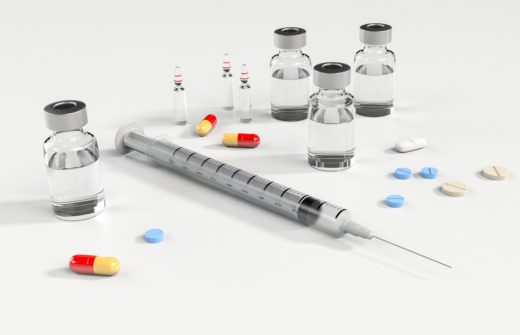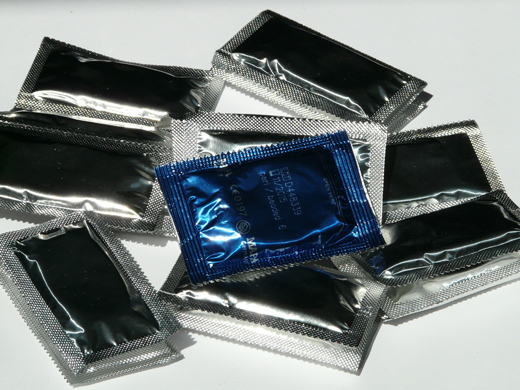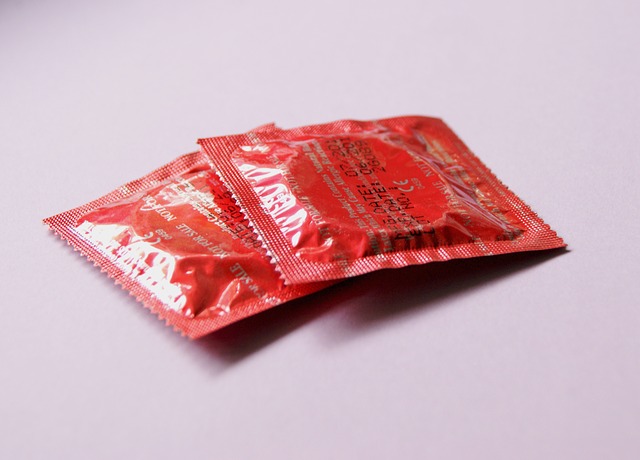What are the symptoms?
Between 2 and 60 days after contamination, a small painless wound (lesion, blister) appears where the bacteria entered your body (anus, urethra, glans penis, mouth). Then adenopathies (large painful lymph nodes) occur, with pain and fever, and sometimes pus flows through holes called fistulas. Anorectal LGV causes painful inflammation of the anus and rectum, along with abscesses, ulcers, pus discharge, fever, severe pain (it may sometimes be impossible to sit down!), and a constant urge to go to the toilet.
Can this be cured?
Yes, thanks to a very effective antibiotic treatment. If untreated, LGV can become chronic, infect the genital organs and require surgery. Partners who have had contact within 60 days from the onset of clinical manifestations, even in the absence of symptoms, should also get tested and treated.
Where and when to consult?
If you have pain and/or lesions, purulent discharge, but also regularly as part of a sexual health check-up, especially if you have many partners, because you may be infected without your knowing. LGV screening is done on a local sample (anus, urethra, throat), or by lymph node puncture. You can consult with your doctor, go to a specialized health centre, a screening center or a Checkpoint*. If you are HIV-positive, it is important to visit a proctologist regularly.
How to prevent LGV with oral sex?
During your treatment, avoid blowjobs. While the condom remains the best protection against the risk of LGV transmission, it does not protect the entire contaminating area. Notifying your partners will allow them to be treated as well if necessary and will prevent you from becoming infected again.
Français






